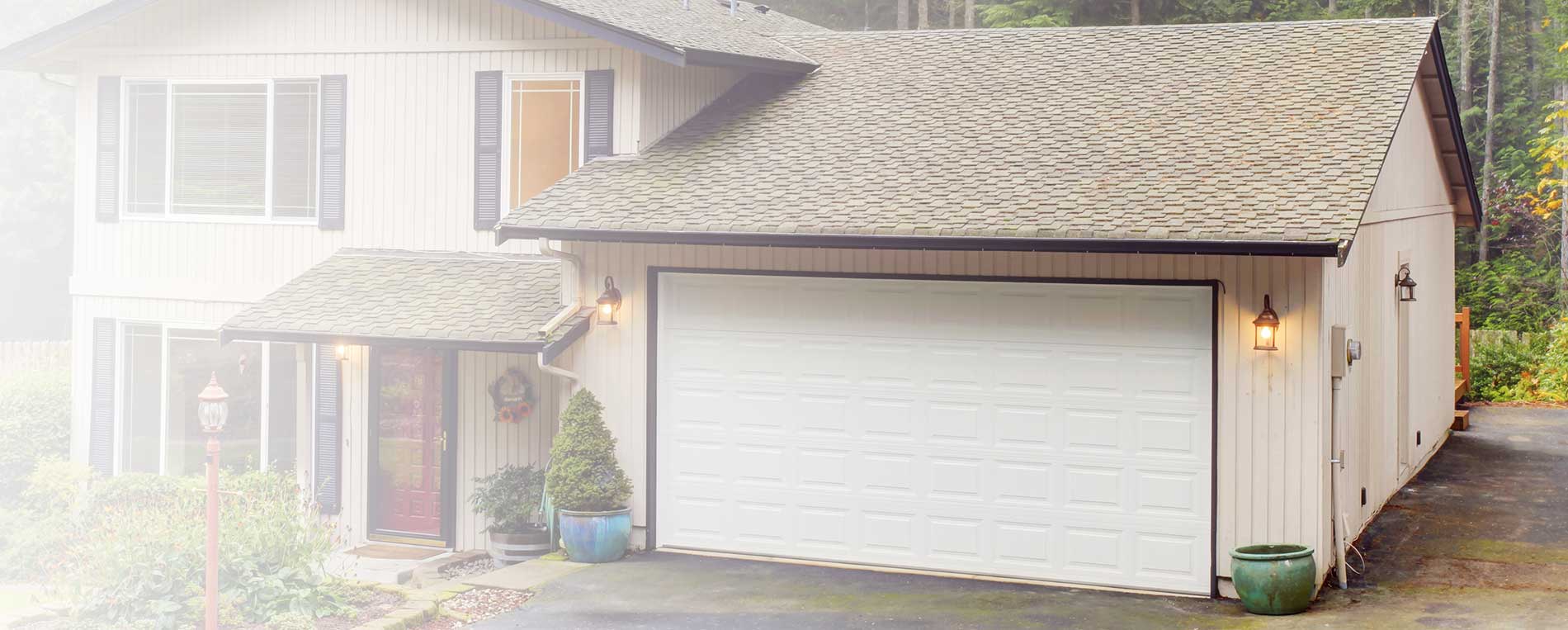Useful tips from our garage door specialists!
When damage occurs to your garage door, our professionals are the team to call. But for answers to minor questions or for some helpful ideas, scroll down below and visit our informative new tips section.
If your door starts rattling, or is having difficulty closing, check the rollers
Rollers are usually made of either nylon or steel. It is fairly common for them to either wear out or develop rust, which will render their performance less than optimal, to say the least. Sometimes simply lubricating them (not the nylon ones, of course) can solve the issue. But if the problem persists, you need to get them replaced.
Make sure your springs can live up to their full potential
The different springs in a garage door are generally estimated to last for only 10,000 cycles. Hence, the more they are used, the faster they wear out. Their useful life is reduced if they are exposed to moisture or humidity and if they are continually overburdened by an unbalanced garage door. A garage door with a balance problem should be immediately fixed by an expert.
Clean the sensors when performing regular maintenance
Your garage door sensors are a major safety feature and have to be kept in a good condition. You can clean the photo eyes with a dry, lint-free cloth which is as soft as possible so that it doesn't scratch their lenses. After you're done, test your sensors' performance by placing an object under the door and ordering the opener to close it. If your door tries to close down on the object, your sensors are misaligned and need to be repositioned by a professional technician.
Keep the garage door remote away from your children
This will lower the risk of a serious accident. Our specialists recommend that you place it at the highest possible shelf in the mudroom, kitchen or living room. You should also (depending on their age) educate your kids about the dangers of your garage door and how they should never try to mess or play with it.

